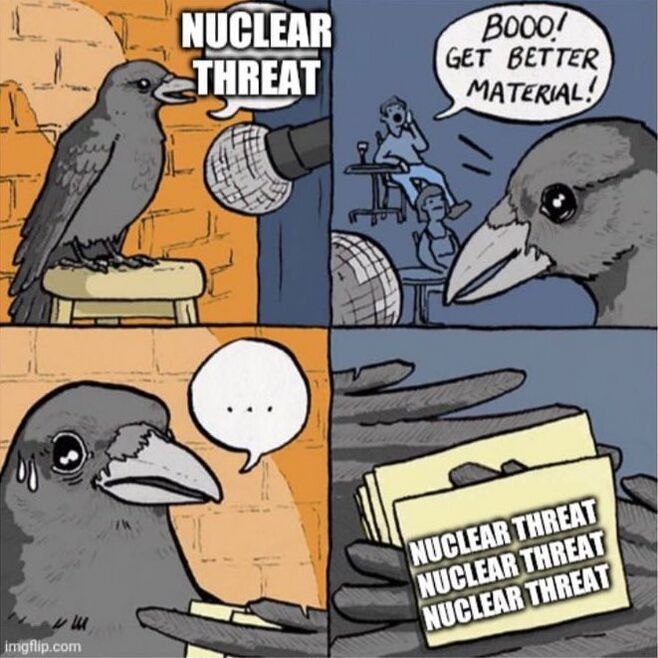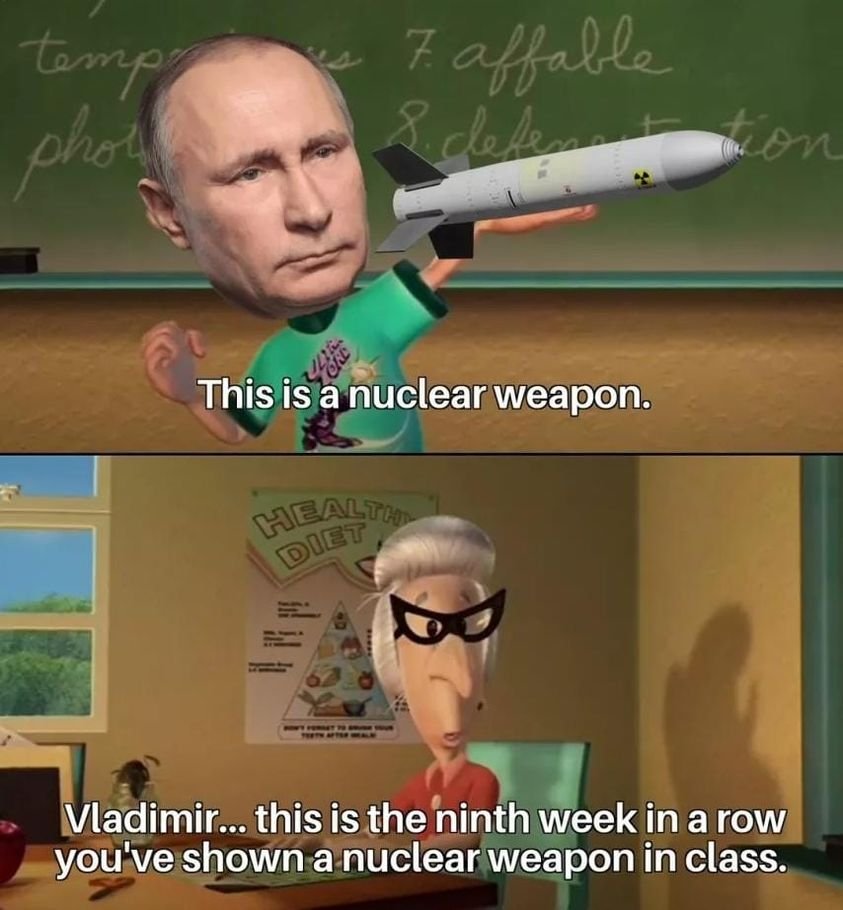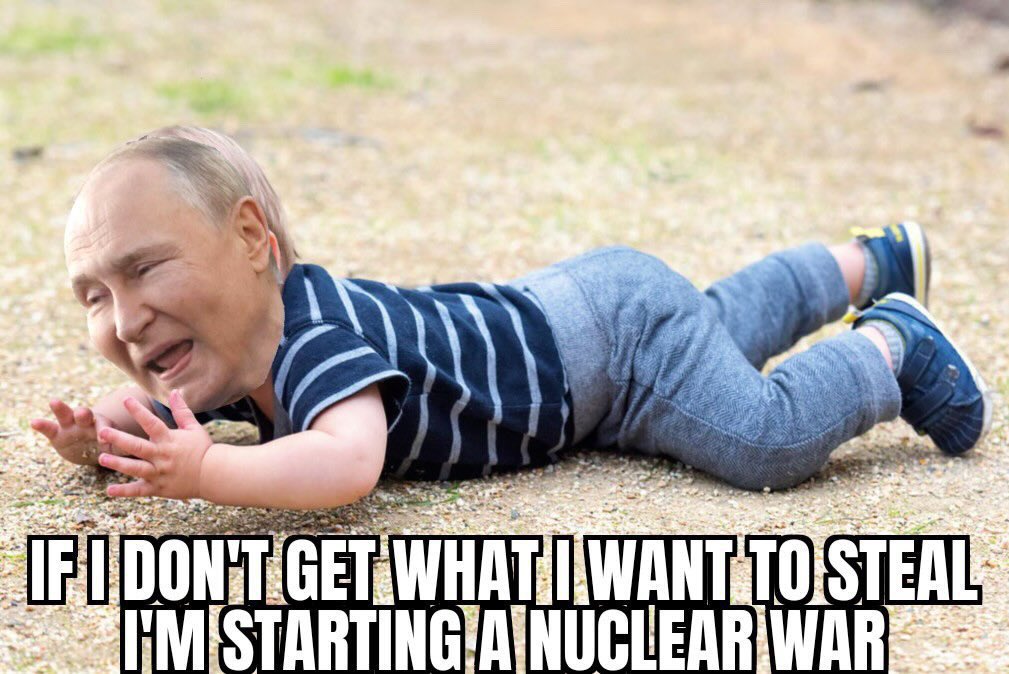In today's #vatniksoup we'll do our first trip to Italy as I introduce an Italian politician and Deputy Prime Minister of Italy, Matteo Salvini (@matteosalvinimi). He's best-known for his Russia-related funding scandals, and for his Euroskeptic and pro-Putin views.
1/16
1/16

Matteo joined a right-wing populist party, Lega Nord in 1990. He was active member of the party, and in 1997 he started writing for their official newspaper, La Padania. He's been registered as a journalist on the list of Italian professional journalists since 2003.
2/16
2/16

Some have described Salvini as one of the main leaders of the populist wave in Europe during the 2010s, after Putin's "economic war" took a hold of many European countries, and his anti-immigration views gained a lot of popularity and traction.
3/16
3/16

In Dec, 2013, Salvini beat Umberto Bossi for Lega's leadership, and the party adopted a strong critical view of the EU. In 2014 Salvini started cooperating with Marine le Pen, the leader of the French party National Front, and with Geert Wilders, leader of the Dutch Party...
4/16
4/16
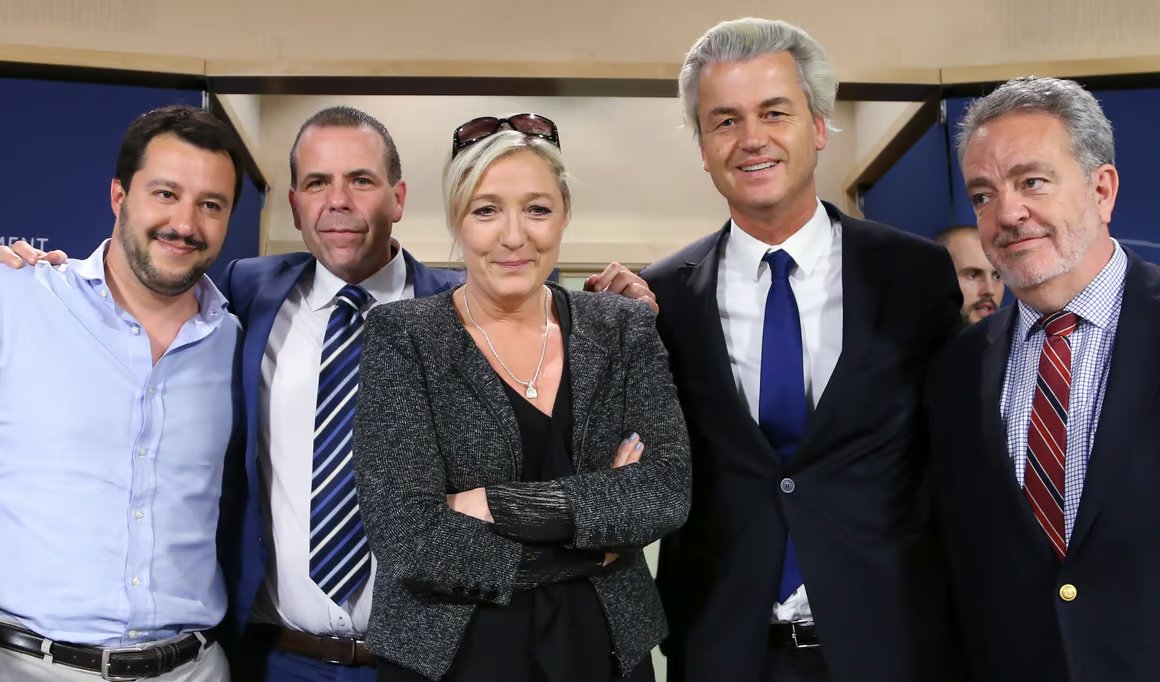
...for Freedom. He showed his support for Donald Trump during the 2016 US presidential election, and the two met in Apr, 2016,in Philadelphia. He also supported the "Stop the Steal" conspiracy theory which suggested that Trump's presidency was stolen by voter fraud in 2020.
5/16

5/16


Salvini has also shown his support for Trump's former chief strategist Steve Bannon's European populist group The Movement. Matteo has also allied in Italian politics with Putin's long-time friend, Silvio Berlusconi.
6/16

6/16


Mattini is a textbook example of a politician who fell under Putin's so-called "soft power" (the ability to co-opt rather than coerce). In 2017, Putin's ruling party signed a cooperation deal with Salvini's Lega Nord.
7/16
7/16
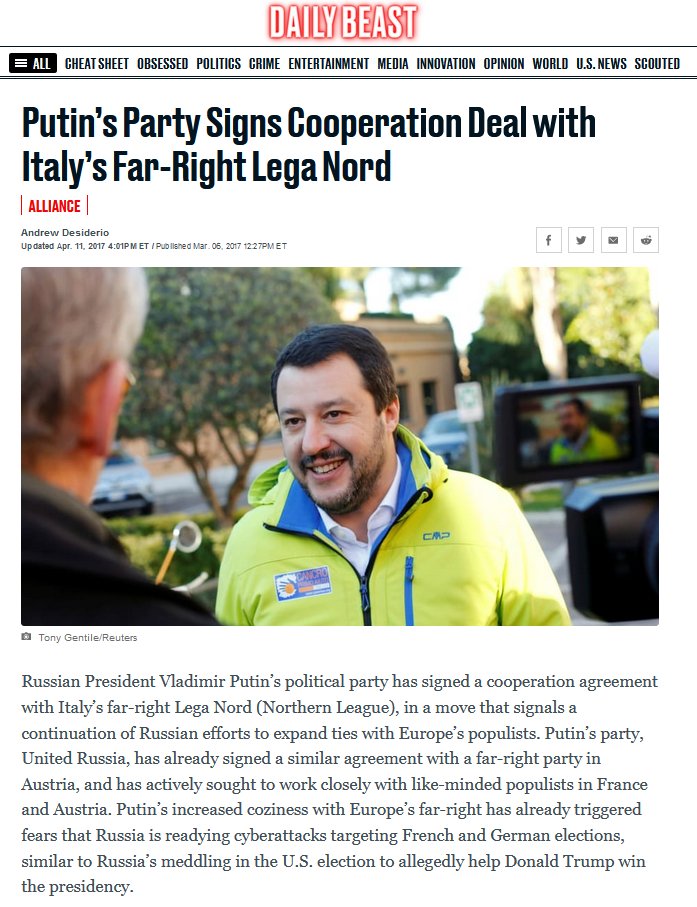
These parties shared not only an appreciation for "traditional and conservative values", but also financial interests: in 2019, the Italian magazine L'Espresso published an investigation which revealed a Kremlin-linked, 3 million euro funding scheme.
8/16
8/16

In this scheme, a Russian-owned Rosneft "sold" diesel to an Italian company, but the money was supposed to be funneled into Lega's European election campaign. Italian authorities are still investigating the case.
9/16
9/16
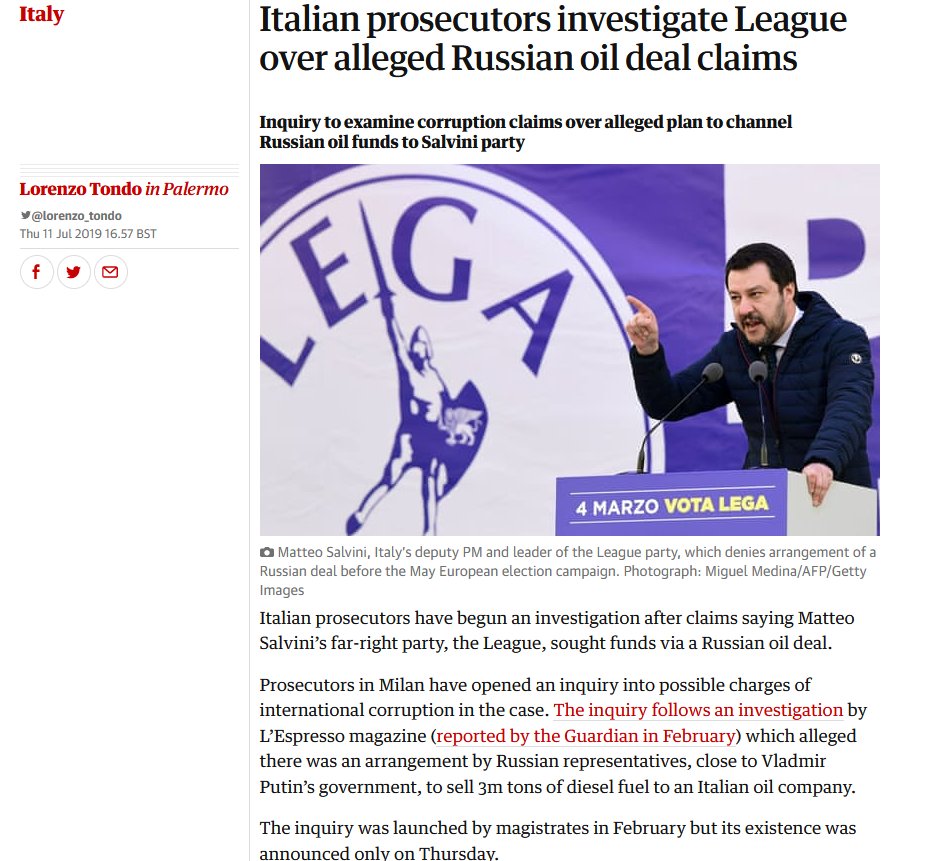
Later BuzzFeed published voice recordings and full transcripts from a meeting between Salvini's PR officer,Gianluca Savoini and Russian agents close to Putin.The agenda of this meeting was to discuss over illegal funding of 65 million USD from the Russian state to Lega Nord.10/16 
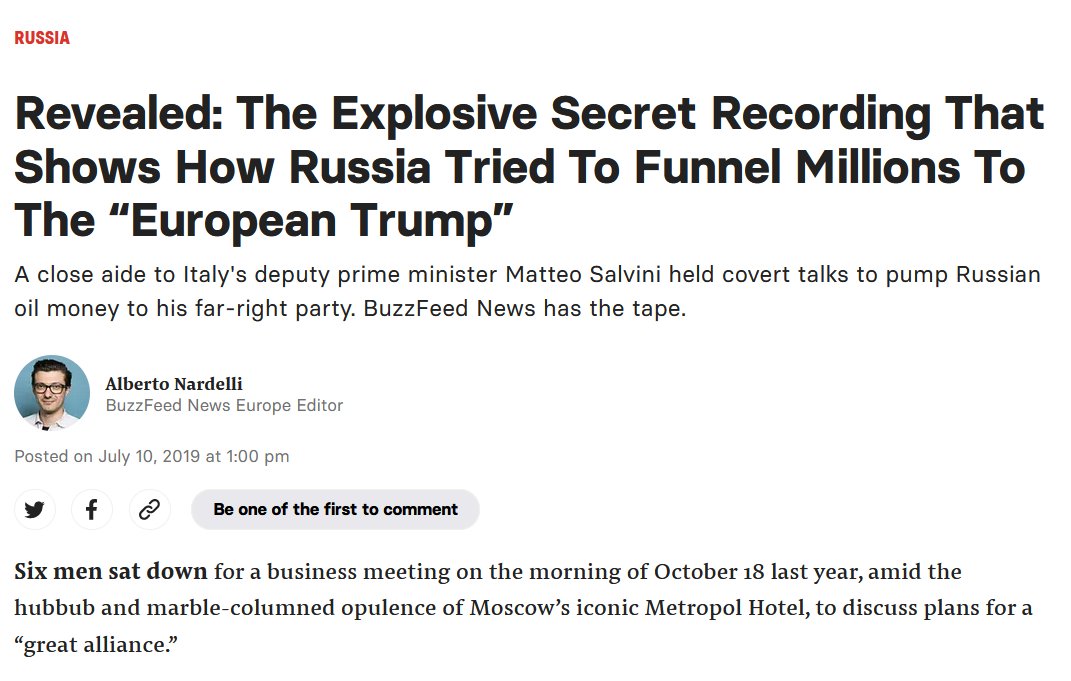
In another funding scandal, unrelated to the previously mentioned, Italy's highest court sentenced Lega Nord to return 55 million USD of illegally acquired taxpayer money.
Salvini was a stark opponent of the EU sanctions on Russia after the annexation of Crimea in 2014.
11/16
Salvini was a stark opponent of the EU sanctions on Russia after the annexation of Crimea in 2014.
11/16

He's called Putin as "the best politician and statesman in the world", and he even took a picture of himself wearing a T-shirt with Putin's face on it in Moscow.
12/16
12/16

After the full-scale invasion of Feb, 2022, he was confronted about this by Wojciech Bakun, the mayor of a Polish town Przemyśl, where Salvini was visiting a refugee center.
13/16
13/16
As so many others after 2007, Salvini was lured under Putin's influence with Russian money. Even though he has condemned Russia's invasion of Ukraine, it is not known if he's still under Russian influence.
bylinetimes.com/2023/01/20/rus…
14/16
bylinetimes.com/2023/01/20/rus…
14/16
In Sep, 2022, Salvini criticized the sanctions against Russia, suggesting that they're not working and actually harm Italy. Indeed, many Italian companies are still doing business in Russia, and this narrative has been heard before, usually coming from Russian state media.
15/16
15/16

These scandals haven't really hurt his political career in Italy, and he's currently acting as the Deputy Prime Minister in Giorgia Meloni's right-wing government. This government also includes ex-PM Silvio Berlusconi's center-right party.
16/16
16/16
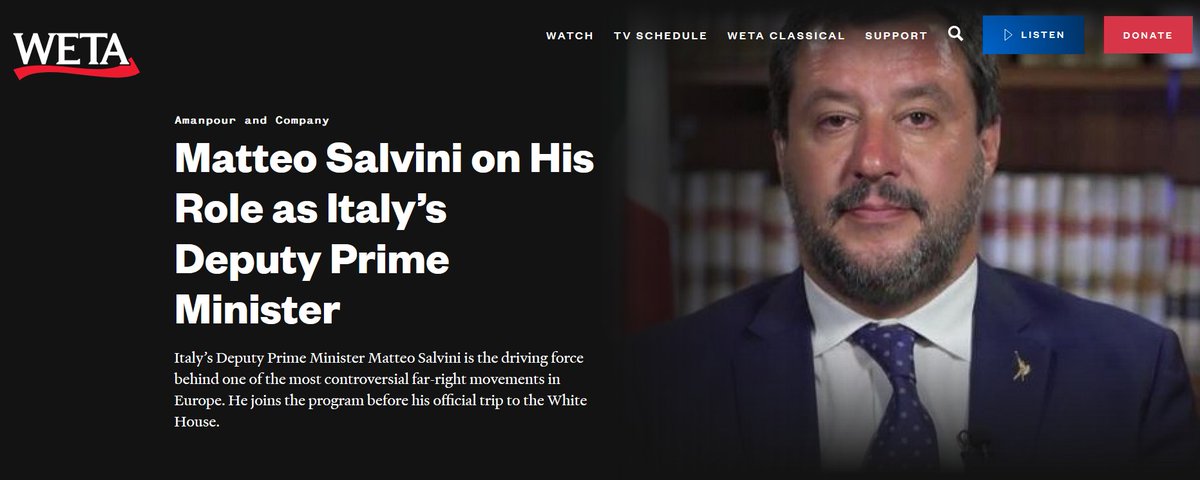
Support my work (and get some AI art!): buymeacoffee.com/PKallioniemi
Past soups: vatniksoup.com
Related soups:
Past soups: vatniksoup.com
Related soups:
https://twitter.com/P_Kallioniemi/status/1614891614165471233
• • •
Missing some Tweet in this thread? You can try to
force a refresh



























